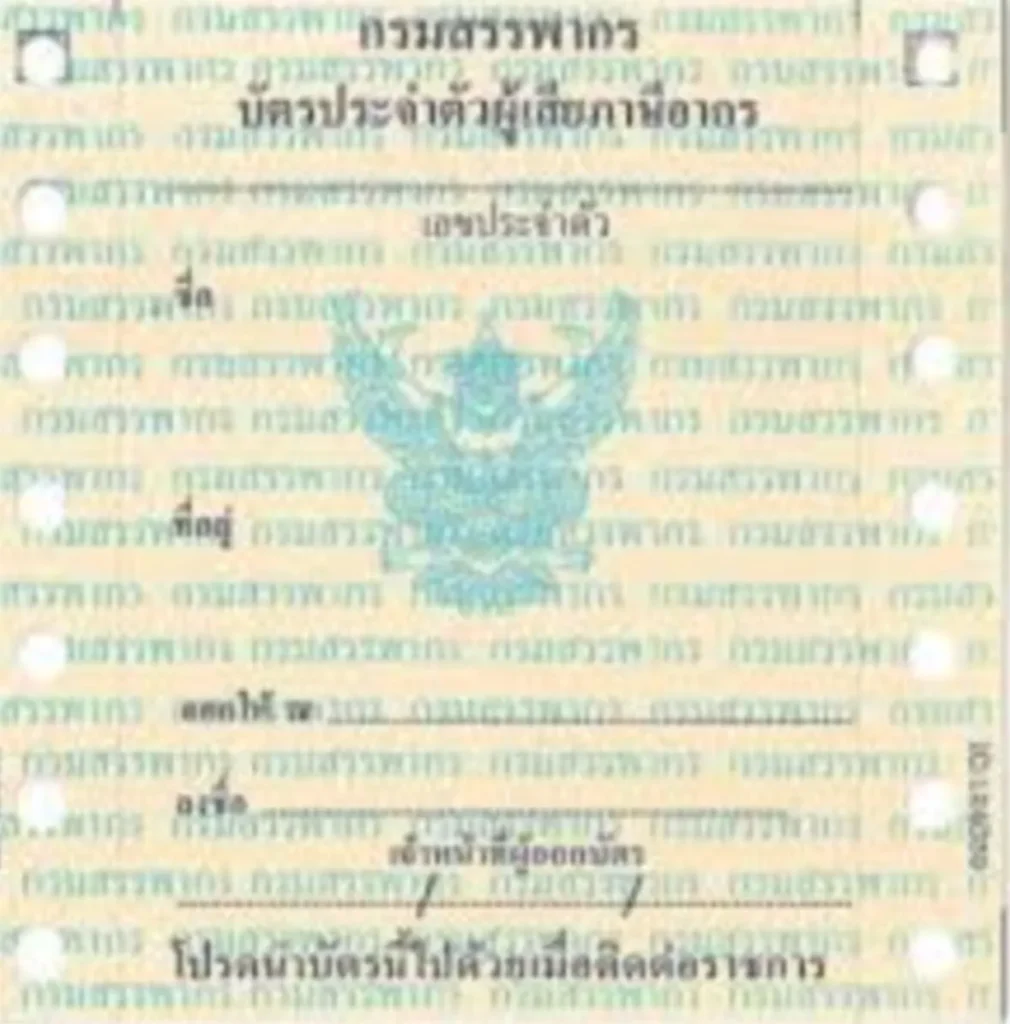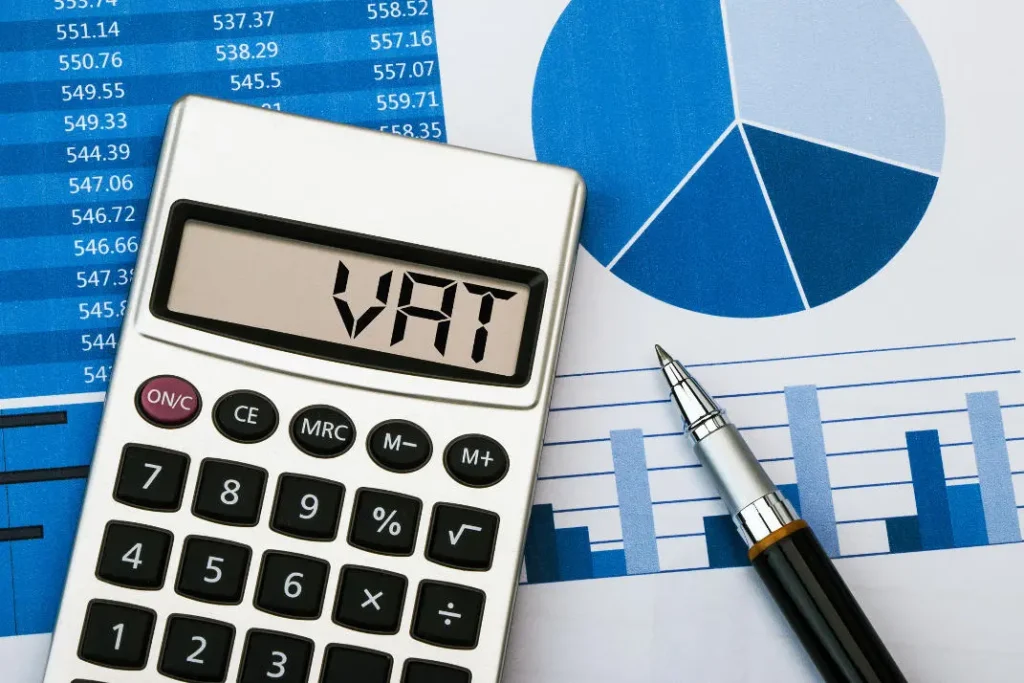Introduction
Tax compliance is an important consideration for foreigners who are living and working in Thailand. Whether you are an expat with a work visa, a retiree living in Thailand, a business owner or a digital nomad, understanding the requirements for obtaining a Tax ID should be considered.
This guide will explore what a Tax ID (TIN) is, who needs one, and how to obtain one.
Key Points
- A Thai Tax ID (TIN) is mandatory for anyone earning income in Thailand, including foreign nationals, whether through employment, freelancing, or business ownership.
- Individuals staying in Thailand for over 180 days in a calendar year are considered tax residents and must obtain a Tax ID, regardless of their visa type.
- Employers handle Thai Tax Identification applications for their employees, but freelancers, retiree living in Thailand and digital nomads must apply independently at their local Revenue Department office.
- All businesses registered in Thailand must obtain a Tax ID even if not yet operating, as it’s required for corporate income tax, VAT, and withholding tax filings.
- Failure to obtain a Tax ID can result in fines, imprisonment, and difficulties with financial transactions, bank accounts, and visa renewals.
What is a Tax ID?
Also Called Taxpayer Identification Number, the TIN is a unique number issued by Thailand’s Revenue Department to individuals and entities for tax purposes. This number is used to identify individuals and corporate entities for all tax-related activities.
For individuals, a Thai Tax Identification is required if you earn income in Thailand, whether through employment, freelancing, owning a business or in certain situations when remitting income into Thailand (subject to certain exemptions). Employers will assist employees with obtaining a Tax-ID, but freelancers and digital nomads must apply on their own if needed.
For businesses, obtaining a Tax-ID is one of the first steps after registration as the Tax-ID is required for filing corporate income tax, withholding tax, and VAT (if applicable).
Please see below for an example of how a Thai Tax ID looks.


Who Needs a Tax ID in Thailand?
Tax IDs are required for both Thai nationals and foreign nationals who earn income or undertake taxable activities in Thailand. For foreign employees of a company registered in Thailand who do not yet have a Thai Tax ID number, their employer (the Thai company) will handle the process of obtaining a Tax-ID for them. This Tax ID number is mandatory for processing payroll and filing personal income tax returns in Thailand. The company will coordinate with the Revenue Department to obtain this Tax-ID on behalf of their foreign employees. For foreign nationals who do not work for a Thai company and derive assessable income in Thailand, or undertake any activity subject to taxation must apply for a Tax ID themselves.
Businesses, irrespective of size or structure, must also obtain a Tax ID upon registration. It is important to note, that even a company that has been registered by hasn’t began operating yet is still required to submit a yearly tax filing, this requires the company to have a Tax-ID.
Do Long Term Residency and Destination Thailand Visa Holders Require a Tax ID?
DTV or LTR visa holders should be aware that should they stay in Thailand for an extended duration, they may become subject to Thai taxation laws and requirements.
Under Thai law, anyone who stays in Thailand for over 180 days in a calendar year is considered a tax resident by the Thai government and therefore required to ensure Tax compliance in Thailand. This rule applies regardless of the type of visa held, including the LTR and DTV.
LTR and Destination Thailand Visa holders needs a Tax-ID for the following situations:
Earning Income in Thailand
If you work in Thailand or derive income from Thai sources or remit income to Thailand from abroad (subject to exemptions), obtaining a Tax-ID is mandatory. This applies whether you’re employed, running a business, freelancing or a retiree living in Thailand. The Tax-ID is required to report any income, file taxes, and remain compliant with Thai tax laws.
For DTV visa holders, it’s important to note that while the initial visa allows a stay of up to 180 days, the visa can be extended for another 180 days. If this extension is used and the holder stays in Thailand over 180 days, they will trigger tax residency status, making the individual liable to pay Thai taxes on foreign income remitted into Thailand.
Anyone who stays in Thailand for more than 180 days in a calendar year will become a Thai tax resident. Once someone becomes a tax resident they must obtain a tax-ID from their local Revenue Department Office and pay tax.
If You Have Other Taxable Activities
Holding a Thai visa does not mean the holder has to obtain a Tax-ID, but if you undertake taxable activities, you will be required to submit a yearly tax filing
To Access Tax Benefits
LTR Visa holders may enjoy tax incentives, such as reduced personal income tax rates or exemptions on tax for income remitted to Thailand from abroad. In order for the holder of a visa to take advantage of these benefits, they must register for a Tax-ID and file taxes as required by Thai law.
How to Obtain a Tax ID in Thailand
The process of obtaining a Tax-ID is straightforward and can be obtained from the local Revenue Department office. Applicants will need to provide documentation, including:
- a valid passport,
- visa,
- work permit (if applicable), and
- proof of residence or income in Thailand.
Businesses will receive their Tax-ID as part of the company registration process. Additional documentation may be necessary for businesses, such as proof of incorporation and financial records.
How do you Obtain a Tax ID for a Company in Thailand?
Obtaining a tax ID for a company in Thailand is now a streamlined process. Previously, businesses needed to complete a separate application for a tax ID. However, now your company’s registration number becomes its tax ID number. Similarly, when registering for VAT, the VAT ID will also be the company’s registration number.
How Long Does It Take To Obtain a Tax ID?
Obtaining a tax ID in Thailand is a quick process. For a company, the tax-ID is assigned as your company’s registration number upon the registration.
Individuals must apply for a personal tax-ID at a Revenue Department office in person (or sign a POA to be for an agent to register them on their behalf). Provided all the documents are available, the process is usually completed in less than one hour.
Why is a Tax ID Important?
A Tax-ID is a mandatory requirement for fulfilling tax compliance obligations in Thailand. For individuals, it is necessary to file annual income tax returns, which are due by March 31 each year. Failing to comply with tax regulations can lead to significant penalties, including fines, interest, or even imprisonment in severe cases.
Businesses are required to use their Tax-ID for issuing tax invoices, and filing corporate taxes.
A Tax Identification Number (TIN) is also required when registering on cryptocurrency trading platforms such as Bitkub, as part of the Know Your Customer (KYC) process, which is used to verify your identity.





